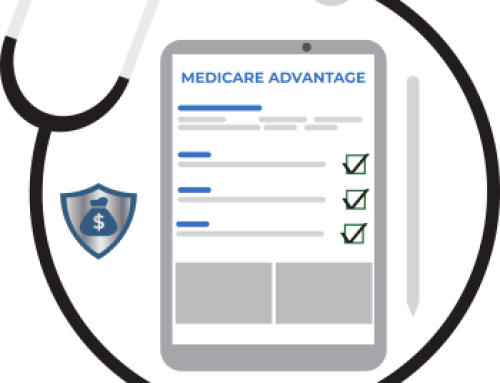In the complex landscape of healthcare revenue cycle management, one critical aspect often becomes a significant stumbling block – denial management. Denials can be a major source of financial strain for healthcare providers, leading to delayed reimbursements and increased administrative burden. However, with the right denial management strategies in place, healthcare organizations can minimize revenue leakage and optimize their financial performance. In this blog post, we will delve into five effective denial management strategies to help providers tackle this challenge head-on and ensure a healthier bottom line.
1. Implement Robust Denial Prevention Measures
The first line of defense in successful denial management is to prevent denials from occurring in the first place. This is where a proactive approach is crucial. Begin by analyzing historical denial data to identify common trends and root causes. Isolate recurring issues, such as incorrect patient information, coding errors, or missing documentation. Once identified, focus on implementing preventive measures that target these specific problem areas.
Best practices:
- Regularly review and update denial prevention measures based on evolving payer policies and coding guidelines.
- Conduct comprehensive staff training and education programs to ensure billing and coding accuracy.
- Invest in technology solutions that offer real-time error detection and correction capabilities.
2. Streamline the Denial Management Workflow
Efficiency is key in managing denials effectively. A well-defined denial workflow can help your organization streamline processes and enhance productivity. Start by centralizing the denial management process, ensuring that all relevant team members are on the same page. Establish clear roles and responsibilities, assigning tasks based on staff expertise and experience.
Best practices:
- Continuously monitor and refine your denial workflow to identify bottlenecks and areas for improvement.
- Automate repetitive tasks using Robotic Process Automation (RPA) and AI tools to increase efficiency.
- Implement regular check-in points to review progress and make necessary adjustments.
3. Conduct Regular Data Analysis and Reporting
Data is a valuable asset in denial management. To identify trends, patterns, and areas for improvement, it’s essential to regularly analyze and report on your denial data. Utilize advanced analytics tools to dig deep into your claims and denials data, looking for insights that can guide your denial management strategy.
Best practices:
- Create a data-driven culture by regularly sharing denial data insights with all relevant teams and stakeholders.
- Develop customized reports that provide a clear overview of denial categories, rates, and problematic payers.
- Establish key performance indicators (KPIs) to monitor progress and ensure that denial management strategies are effective.
4. Enhance Communication and Collaboration
Effective denial management isn’t just about processes and technology; it’s also about fostering communication and collaboration within your organization. Encourage open dialogue between your billing, coding, clinical, and administrative teams. Cross-functional collaboration can uncover issues that might otherwise go unnoticed.
Best practices:
- Foster a culture of transparency and collaboration by encouraging cross-functional meetings and knowledge-sharing sessions.
- Create open channels for team members to discuss denial trends and share insights.
- Establish a multidisciplinary team to address complex denial issues collectively.
5. Stay Informed and Adapt
The healthcare industry is constantly evolving, with new regulations, payer policies, and coding guidelines emerging regularly. To effectively manage denials, it’s essential to stay informed about these changes and adapt your strategies accordingly.
Best practices:
- Establish a dedicated team or individual responsible for monitoring industry changes and ensuring policy and procedure updates.
- Subscribe to industry newsletters, attend conferences, and engage with professional organizations to stay updated.
- Regularly review and update denial management policies and procedures to align with industry standards and regulations.
Technology Solutions for Denial Management Excellence
Denial management is a critical component of a healthcare provider’s revenue cycle. By implementing these five effective denial management strategies, healthcare organizations can significantly reduce denial rates, optimize revenue, and ensure financial stability. Remember to focus on prevention, streamline workflows, harness the power of data, foster collaboration, and stay informed about industry changes. By doing so, you’ll be better equipped to navigate the complex world of healthcare reimbursement and secure a healthier bottom line for your organization.
Choose BHM Healthcare Solutions To Streamline Your Denial Management Strategies
| Editor’s Note: BHM Healthcare Solutions offers case review and medical director expertise, business intelligence, software, CIA consulting services and accreditation support focused on improving patient care. Contact BHM for a brief discussion on how BHM achieves success. CLICK HERE |





Leave A Comment